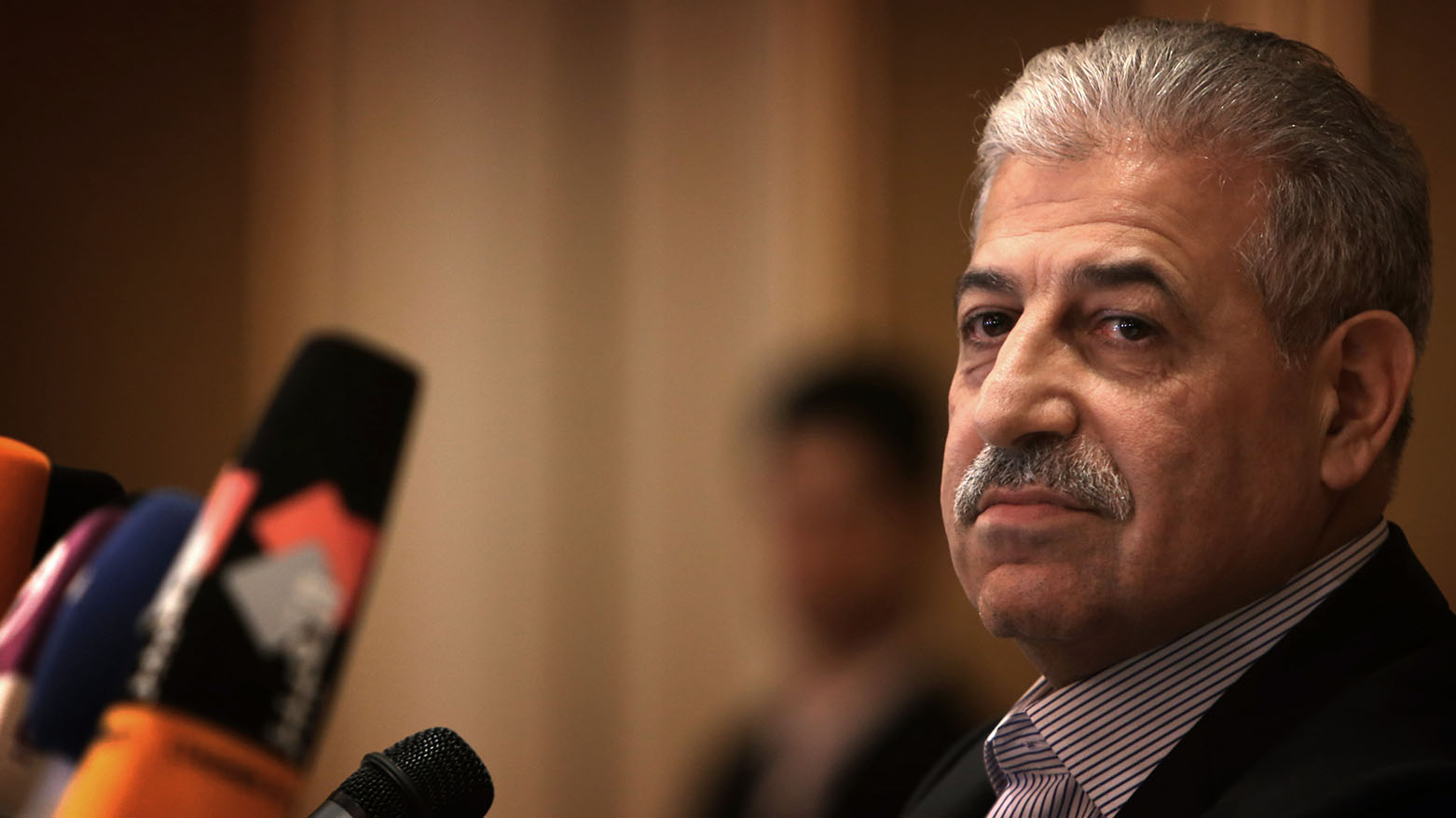Nujaifi Slams PMF Chief Over Mosul Remarks: 'Last-Minute Pitch for Votes'
“These remarks come after Nineveh has already paid the price in blood and dignity,” al-Nujaifi told Shafaq News. “Now, they sound more like a last-minute pitch to win over Mosul voters ahead of elections.”

By Kamaran Aziz
ERBIL (Kurdistan24) – Former Nineveh Governor Atheel al-Nujaifi has sharply criticized recent remarks made by Faleh al-Fayaz, head of Iraq’s Popular Mobilization Forces (PMF), accusing him of attempting to rewrite the narrative surrounding years of suffering endured by Mosul residents under anti-terror operations.
The backlash came after al-Fayaz claimed during a symposium at Al-Noor University that only 4% of Nineveh’s population had links to ISIS. Nujaifi dismissed the comment as disingenuous, arguing that such an acknowledgment, had it been made during the height of military and security operations in the province, could have spared thousands from abuse, harassment, and collective punishment.
“These remarks come after Nineveh has already paid the price in blood and dignity,” al-Nujaifi told Shafaq News. “Now, they sound more like a last-minute pitch to win over Mosul voters ahead of elections.”
Mosul, the provincial capital of Nineveh, was overrun by ISIS in 2014 and became the group’s de facto capital in Iraq. It was not until 2017—following a fierce and destructive military campaign—that Iraqi forces, supported by international partners, liberated the city.
Al-Nujaifi, a senior figure in the Sunni-led Mutahidoon (United) coalition, has long been a vocal critic of security practices in post-ISIS Mosul, particularly the role played by PMF-affiliated groups. He has repeatedly accused them of engaging in arbitrary detentions, extortion, and sectarian-driven misconduct in areas reclaimed from ISIS control.
The latest exchange underscores the ongoing political and societal fault lines in Nineveh ahead of Iraq’s next round of elections. While security has improved on paper, many residents of Mosul remain disillusioned with the slow pace of reconstruction, the lack of justice for past abuses, and what they see as the continued marginalization of the city’s Sunni population.
With electoral campaigns gaining momentum, al-Nujaifi’s comments appear aimed at rallying public sentiment in a province still grappling with the scars of war—and wary of political promises that come too late.